Bangladesh at the crossroads: fall of Hasina
By Philip Mudartha, Navi Mumbai.
Bellevision Media Network
10 Aug 2024:
View from Dhaka:
Bangladesh is finally free from the autocratic rule of Sheikh Hasina after 15 long years of oppression. Many Bangladeshis have expressed that they have attained independence for the second time. No doubt, it is a critical juncture for the nation. After four days of chaos, evidenced by vandalism, arson, and attacks on minority communities, an interim government headed by Nobel laureate Prof Mohammed Yunus has sworn-in.
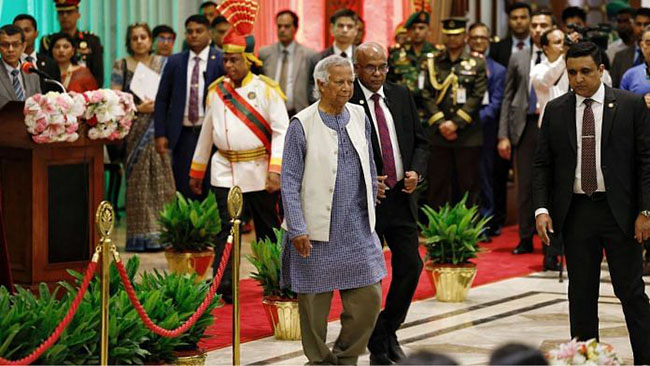
However, the police forces have gone on strike in protest against attacks by enraged citizens. The nation urgently needs to restore law and order, which should be the priority for the interim government. The second priority is to hold free, fair and credible elections and hand over the power to an elected government.
There should not be a repeat of autocratic behaviour by another elected government, where crime, oppression, and inequality persist, only with different players switching sides. Bangladesh has faced similar situations before, where autocrats or governments were forced to resign. The popular uprising of 1990 dethroned Dictator Hussain Muhammad Ershad. The unrepresentative but elected government of Khaleda Zia of BNP was forced to resign within 12 days in 1996. The personal feud between Khaleda Zia and Sheik Hasina led to the political crisis of 2006-2008, the end of democracy and military intervention on 11th January 2007.
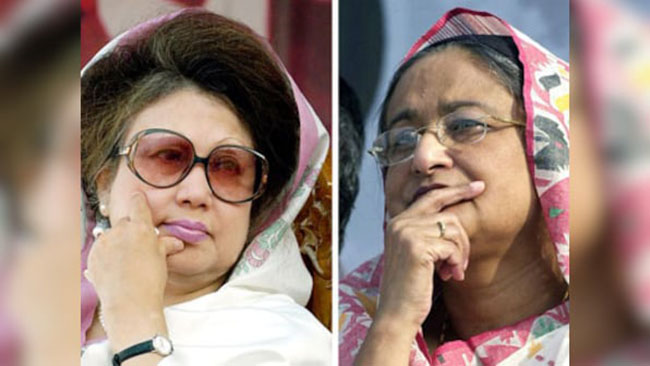
Khaleda Zia had two five year terms in office (1991 to 1996 and 2001 to 2006). Sheik Hasina had four five year terms in office (1996 to 2001 and 2009 to 2024). The non-political governments formed before restoration of democracy in 1991 and during the 2006-2008 political crisis failed to meet the people’s aspirations. Unfortunately, each successive political government has surpassed its predecessor’s excesses in autocratic behaviours, corruption, and oppression.
Bangladeshis do not have good experience with any political parties. The governments of Sheikh Hasina reached unprecedented levels of corruption and oppression. The BNP governments of Khaleda Zia were marred by similar issues.
History teaches us that those who gain power often repeat the mistakes of their predecessors. People want to avoid this scenario in the future. The people deserve not to have these experiences repeated. The martyrs of this movement and the entire nation deserve to hold on to this newly achieved liberation, and those in power owe nothing less to the nation. How can the new interim government deliver on these hopes? Will the nation seize this moment to build a better Bangladesh under the leadership of Prof Yunus?
Bangladesh stands at a crossroads with the fall of Sheikh Hasina. While challenges remain, there is a unique opportunity to reform and progress toward a better democracy. The interim government must focus on creating an environment conducive to democracy, peaceful power transitions, equal employment opportunities, and a free press and judiciary.
Most of all, the interim government should be not only inclusive but perceived to be inclusive. The swearing-in ceremony conveyed a negative impression. The Bangladesh Awami League representatives were not there.
Seven of seventeen advisors lean towards Khaleda Zia’s BNP, Jamat-e-Islami radical Islamist party and Hefazat-e-Islam, conservative Islamist party who want to implement Sharia Law.
The ceremony began with recitation from Quran. The prayers of religious minorities, Hindu, Buddhist and Christian did not space. There was no semblance of the secular state founded by the Father of the Nation, Sheik Mujib.
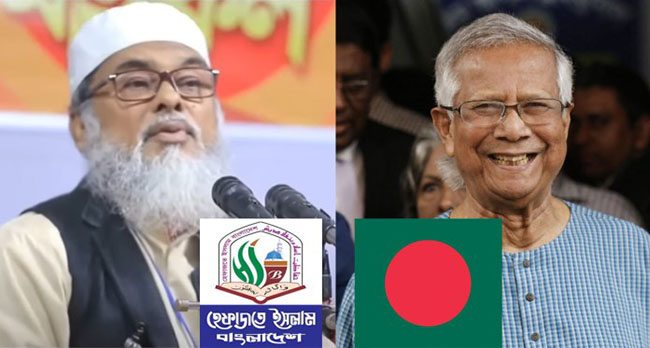
More than five days after the toppling of the Awami League-led government, Dhaka still remains insecure. The air of uncertainty is still hangs over the millions who live in this city.
View from New Delhi:
For Indian government, the change of guard in Dhaka presents a geo-political challenge. Besides, the safety of the lives and limbs of the religious minorities, especially Hindus is of paramount concern to India.
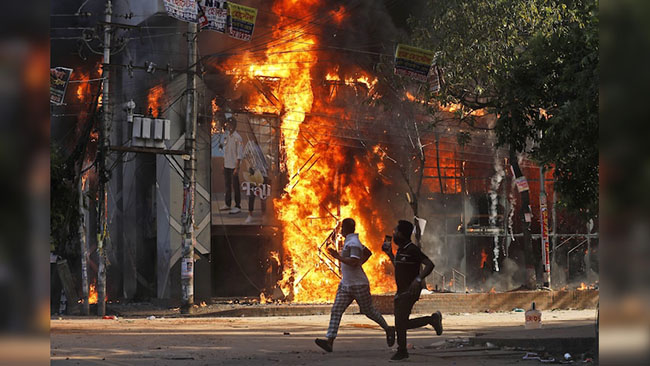
Thousands of protesters, including students and members of the Hindu community, are on the streets of Dhaka. They are protesting attacks on the homes, shops, and temples in various parts of the country following the fall of the Awami League government.
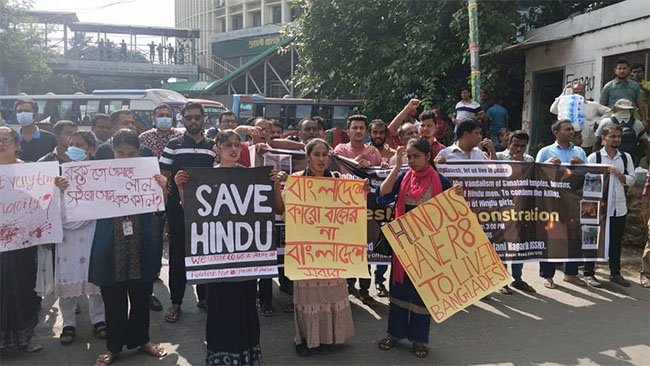
A summary of the challenges in the Indo-Bangla relationships since the Liberation War 1971 will follow in the next chapter.
 Write Comment |
Write Comment |  E-Mail To a Friend |
E-Mail To a Friend |
 Facebook |
Facebook |
 Twitter |
Twitter |
 Print
Print 


















